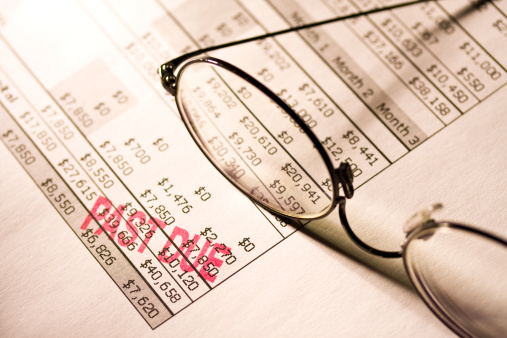
Types of Student Loans
Student loans can be private or public. Public loans given by the federal government cannot be discharged in a bankruptcy. However, if the student passes away, the loan will be written off. Private loans given by banks and investors can be discharged in a Chapter 7 bankruptcy, but only if undue hardship can be proved. If the student passes away, any co-signers on the loan will become responsible for the full balance, and perhaps forced to initiate their own bankruptcy proceedings to escape this burden.
Discharging a Private Loan in Chapter 7 Bankruptcy
Because student loans fall into the category of unsecured debt, they are technically eligible to be discharged in a bankruptcy. However, this can only be accomplished if the bankruptcy filing is accompanied by an adversary proceeding, which is necessary to secure a determination of undue hardship from a judge.
Most courts use the Brunner test to evaluate whether or not student loans are causing undue hardship. In order to pass the test, you need to prove that:
- Your current income and expenses do not leave enough cash for you to maintain a minimal standard of living for yourself and any dependents
- It is likely that this problem will continue for most of the loan’s repayment period
- You have made good faith efforts to repay your loans
Using Chapter 13 Bankruptcy to Reorganize Student Loans
If you can’t prove undue hardship, you can still lessen the burden of your student loans through Chapter 13 bankruptcy. Chapter 13 allows you to reorganize and restructure your debts in order to create a repayment plan that you can actually keep up with. Your repayment plan will be created by a judge and will last of 3 to 5 years. During this time, you will be exempt from debt collection activities. Your student loans will continue to accrue interest during this time, and you will be required to repay the whole balance eventually. However, the period of reduced payment obligations will hopefully give you some breathing room and enable you to get your finances in order and your life back on track. If you still cannot afford your student loans after the expiration of your Chapter 13 payment plan, you can try to petition for undue hardship again and get the debts discharged.
If you feel like you’re being crushed under the weight of your student loans, contact a bankruptcy attorney for help. They just might be able to lift the weight and give you a fighting chance at a debt-free future.

